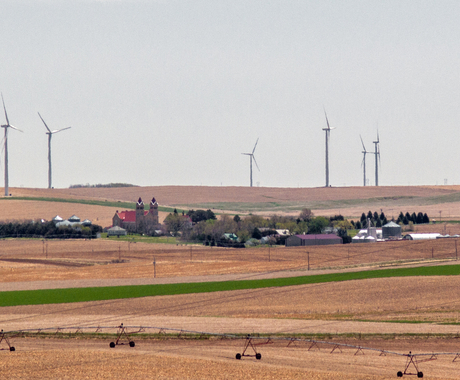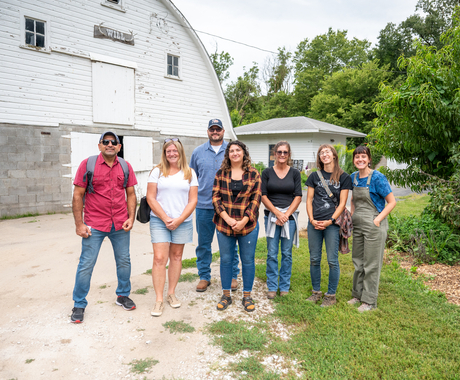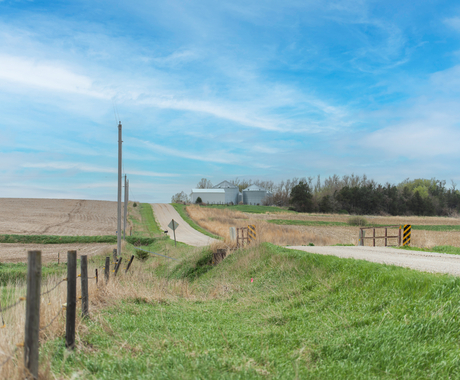Kalee Olson, policy associate, [email protected], 402.687.2100 ext. 1022; Teresa Hoffman, policy communications associate, [email protected], 402.687.2100 ext. 1012; or Rhea Landholm, brand marketing and communications manager, [email protected], 402.687.2100 ext. 1025
Para la versión en español de esta historia, por favor oprima aqui.
LYONS, NEBRASKA – For many producers, conservation is an important tool in keeping their farm or ranch resilient for years to come. One way producers can receive support for implementing conservation practices is through programs offered by the Natural Resources Conservation Service (NRCS).
For farmers and ranchers new to implementing conservation practices like cover crops, the path to receiving support through a cost-share program might not always be clear. A series of resource guides released today by the Center for Rural Affairs may be able to help, however.
“This new resource addresses some of the common questions we’ve received from years of connecting with farmers and ranchers, such as ‘Can I participate in federal cost-share programs if I rent the land I farm?' to ‘How do payments and taxes work for these programs?’” said Kalee Olson, a Center policy associate.
Available in English and Spanish, the resources provide details on two of the U.S. Department of Agriculture’s flagship working lands conservation programs—the Conservation Stewardship Program (CSP) and the Environmental Quality Incentives Program (EQIP). Both offer financial and technical assistance to producers who want to improve their natural resources, including soil, water, and wildlife habitat, without taking land out of production.
“One of the most important things a farmer or rancher can do is develop a good relationship with their local NRCS and Farm Service Agency (FSA) offices,” Olson said. “We hope farmers and ranchers will use these resources as a template for starting that partnership.”
Click here to download the resource guides. For more information, email Olson at [email protected] or call 402.687.2100, ext. 1022.





